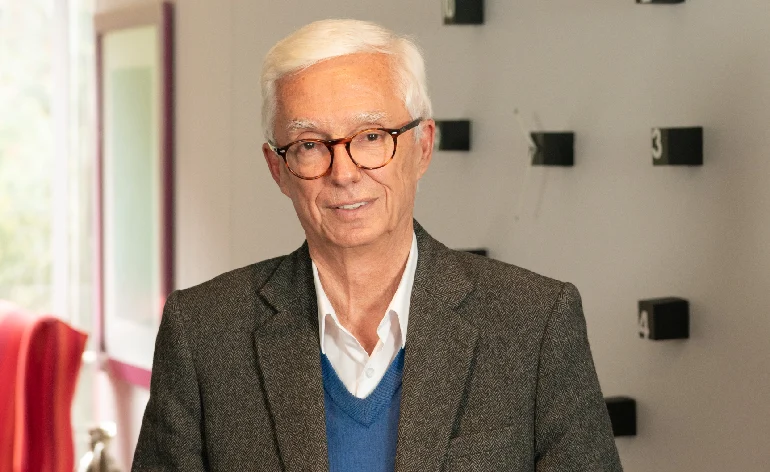Jorge Enrique Robledo
Colombian Senator
Bogota, 5 April, 2007
In the week between March 26 to 30 we were in Washington, D.C., with Iván Moreno Rojas, senator of the party Polo Democrático Alternativo (PDA) (Alternative Democratic Party), Apecides Alvis, President of the Confederación de Trabajadores de Colombia (CTC) (Colombian Workers Confederation), and Boris Montes de Oca, Secretary General of the Central Unitaria de Trabajadores (CUT) (Workers Unitary Central Union), among others leaders of the two main Colombian unions. There we exchanged opinions on the FTA with leaders of the AFL-CIO, the largest union of the United States, congressmen of the Democratic Party and Thomas Shannon, Assistant Secretary of State for Western Hemisphere Affairs.
In the meetings we informed that eighty Colombian agrarian organizations had just ratified their repudiation to the FTA and we explained why the Treaty should not be approved by either one of the two Congresses, if the intention is to have beneficial economic relations for both nations. We specified that the antagonism of Colombia with the Treaty is not with any of its parties, but with the complete text, that is, with the very conception of the so-called “free trade”, because it aims at modeling a world that only benefits a handful of monopolists. To show up to what point this conception is regressive, even for the people of the United States, we stated one fact: in the United States the minimum salary could increase for the first time in ten years!, shocking fact that confirms that the neoliberal globalization implies the degradation of the living conditions of all the nations of the world. And it was explained that the atrocious violence that has tortured and tortures Colombia, and that due to so many and good reasons affects abroad, strengthens the impossibility of facing a competitor whose GDP is 129 times greater as an equal.
The enormous losses for Colombia obey to the unfair nature of what has been agreed in tariffs, agriculture and industry, health and phytosanitary controls, subsidies in the United States, intellectual property, medications, investments, public purchases, telecommunications, financial sector, solution of disputes, balance of payments clause, indirect expropriation, work mobility, transfrontier trade and culture, among other aspects. And the already shameful conditions of work of the Colombian population will increase due to Article 17.2 of the FTA, that authorizes the deterioration of the labor norms to carry out business activities, facility that Article 18.2 also grants in environmental topics. Thus, intending to transform the FTA into a positive agreement making modifications to it means as much as wanting to change Frankenstein’s nature if its lips are colored and earrings are placed to him.
By the time we made the trip the failure of George W. Bush’s government was a fact in its objective of assuring the approval of the FTA according to the text agreed with the President of Colombia, up to the point that he had not even dared to file it for its proceeding with the United States Congress, since the Democratic Party, that now controls the House of Representatives and the Senate and that was completely ignored in the negotiations, had already announced its decision of destroying it. And it was also evident that while there are Democratic Congressmen after the impossible objective of improving the Treaty, others, consistent with the discourse against “free trade” that contributed with the triumph of their party in the elections of November last, prefer that it not to be ratified and that, then, the new policies with which the United States will relate itself with the rest of the world are defined. Within this logic, and to get rid of pressures, a law is being processed in the United States, that extends the Atpdea for two years, the mechanism that decreases US$160 million per year the tariffs of Colombian exports into the United States, reduction of lesser amount which if it becomes permanent means the main achievement for Colombia with the intrigues of the FTA and that constitutes the bait that hides the fish hook of neoliberal formulas.
What remains to be clarified is what will be more powerful regarding the majority of the congressmen of the Democratic Party: whether the United States transnational companies that are putting pressure on them because they will win with the FTA, or whether the democratic sectors and the workers of that country that supported them with their votes; the ones defending the mean interests of a very powerful minority and the others advocating some relations of real reciprocal benefit between Colombia and the United States.
Bogota, 5 April, 2007



